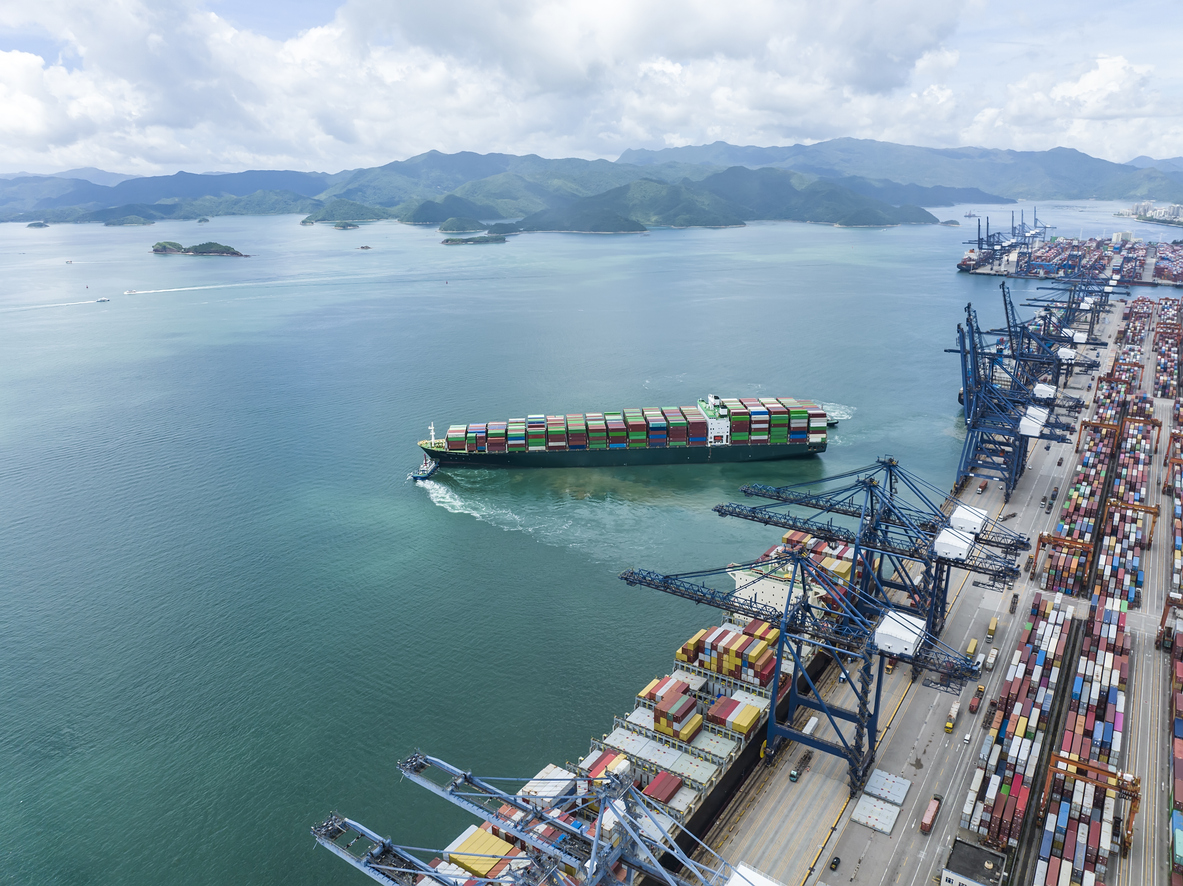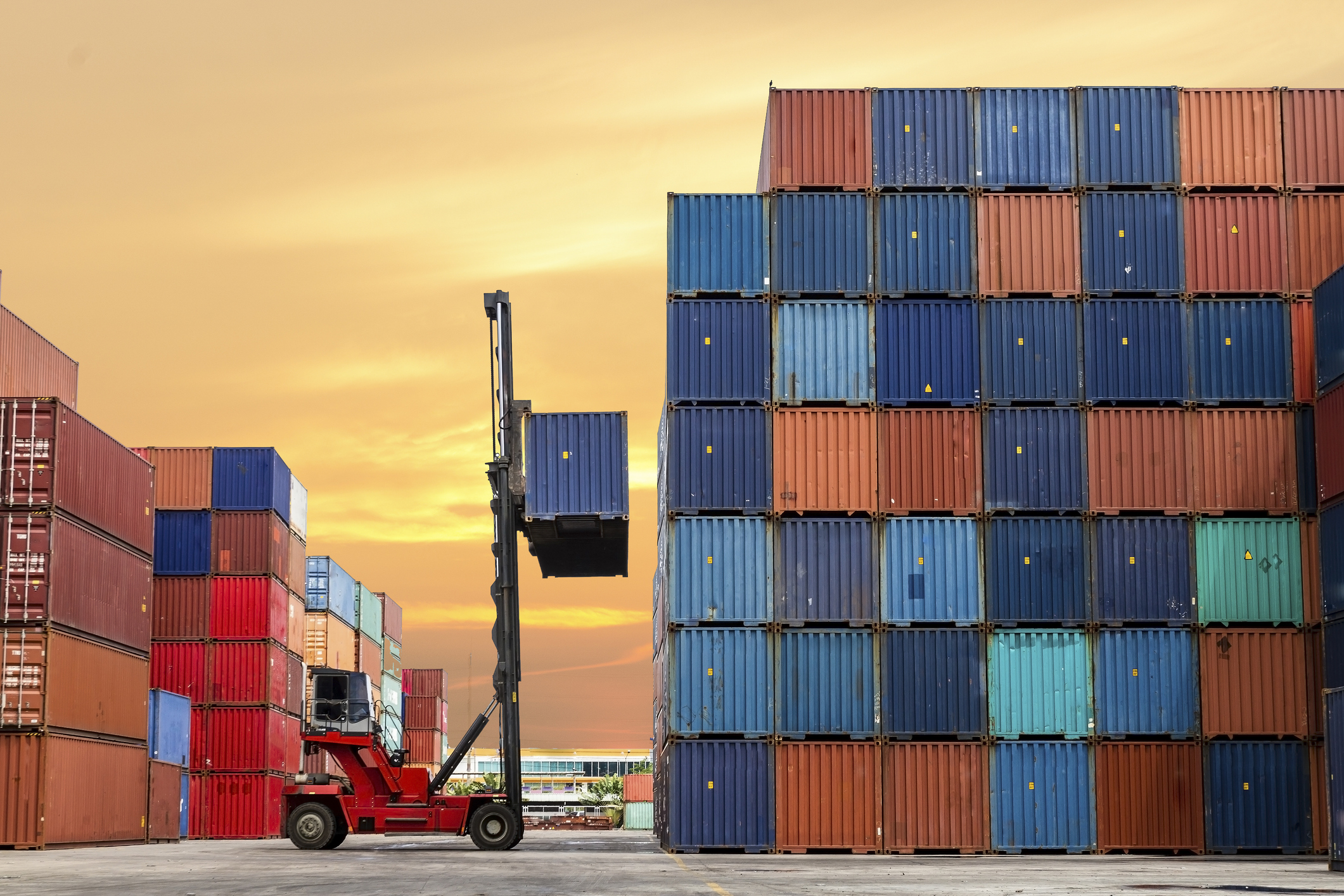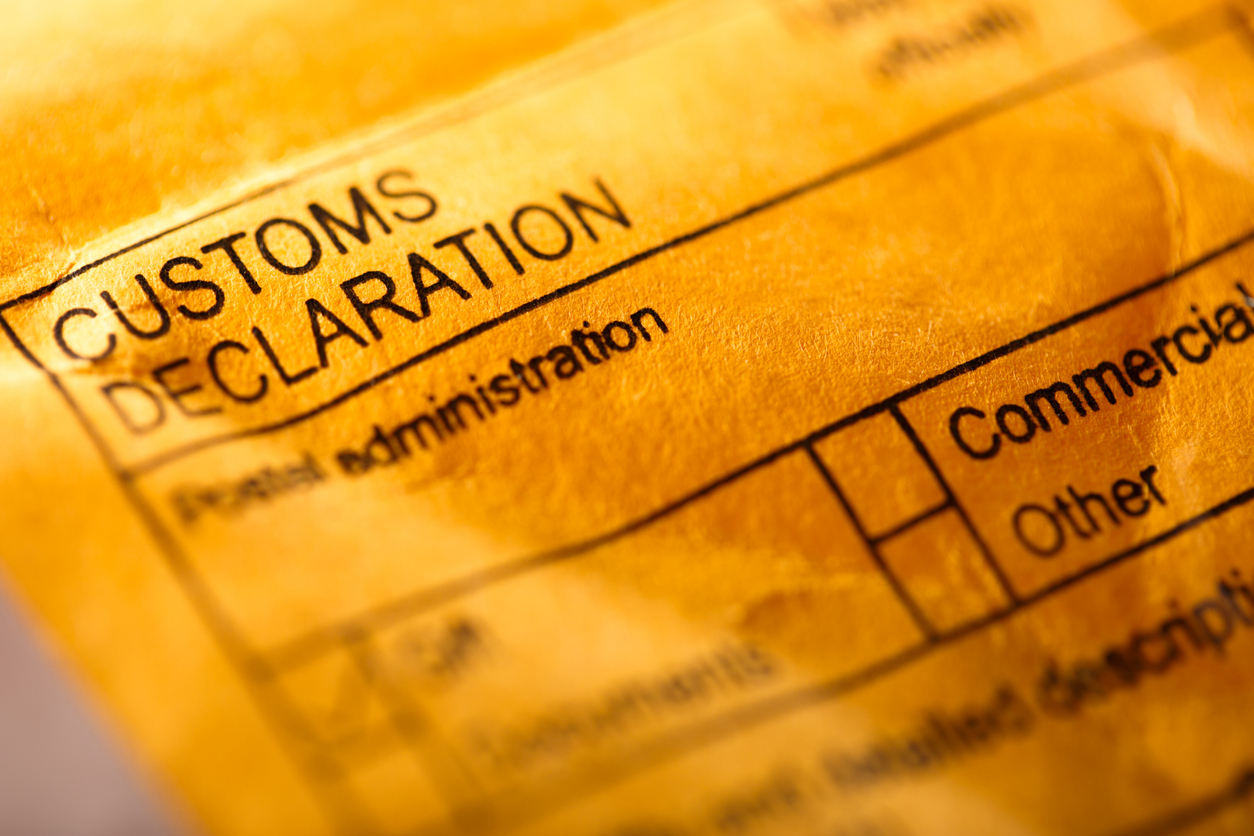Two importers dodged antidumping duties on Chinese-origin products by transshipping them through India
U.S. Customs and Border Protection (CBP) has found that two importers evaded antidumping duties (ADs) on Chinese-manufactured xanthan gum by falsely declaring that their shipments originated from India, according to recent enforcement actions.
The actions underscore a customs evasion tactic known as transshipment, where goods manufactured in one country are routed through another to disguise their true origin and evade applicable duties.
They also highlight a type of customs duty fraud that can serve as the basis for whistleblower lawsuits under the False Claims Act (FCA) and demonstrate why whistleblowers play a crucial role in exposing such unlawful activities.
The Multimillion-Dollar Transshipment Schemes
Xanthan gum, a widely used food additive and industrial thickener, has been subject to antidumping duties since 2013 if manufactured in China. These duties—which can exceed 150%—were imposed after the U.S. Department of Commerce determined that Chinese manufacturers were selling the substance in the United States at unfairly low prices.
CBP found that Global Natural Ingredients and Lighthouse Rock Consulting misrepresented the country of origin (COO) of their imported xanthan gum, thereby evading antidumping duties that apply to xanthan gum of Chinese origin.
Specifically, they falsely claimed their imports originated in India—a country not subject to these duties—and entered “type 01″ (indicating no antidumping or countervailing duties (AD/CVDs) applied) rather than “type 03” (AD/CVDs apply) on their Form 7501 customs entry summaries.
CBP’s investigation revealed that the purported Indian suppliers were not manufacturers at all but rather resellers of Chinese-made xanthan gum, as evidenced by pictures with markings from Chinese manufacturers displayed on their websites. It also found that xanthan gum is not even produced in India, but rather only in Austria, China, France, and the United States.
The investigation was prompted by allegations brought by a domestic xanthan gum producer—a competitor whose business was being harmed.
Whistleblower opportunities under the False Claims Act
While the xanthan gum actions were through the Enforce and Protect Act (EAPA) process, schemes involving the evasion of import duties through transshipment can serve as the basis for FCA whistleblower lawsuits.
The FCA allows private individuals with knowledge of customs fraud to file lawsuits on behalf of the government and receive monetary rewards from the proceeds. Whistleblowers, also known as qui tam “relators,” are generally entitled to 15%-30% of the government’s recovery.
Given that customs fraud cases often involve millions of dollars in evaded duties, and the FCA provides for trebled (three times) damages, whistleblower rewards can be substantial.
The actions also highlight the types of red flags that indicate that customs fraud may be afoot, which employees, business counterparts, industry consultants, or others involved with importers should vigilantly watch for, including:
- Falsified documents
- Suspicious changes in sourcing or unusual shipping routes
- Transshipment through countries that don’t produce the goods in question
- Inconsistent or contradictory documentation
- Websites or marketing materials that show products with origins different than what’s declared
- Pricing that doesn’t align with fair market value or typical rates
Individuals who notice these warning signs may possess valuable information that could lead to a successful False Claims Act case and substantial whistleblower reward. They should consider consulting an experienced customs fraud whistleblower attorney, such as Mark A. Strauss, who is knowledgeable about trade law and the False Claims Act.
Protect Your Rights
If you have information about customs fraud, whether involving transshipment, false country of origin declarations, undervaluation, double-invoicing, misclassification, or other schemes, you may be able to recover a substantial whistleblower reward under the False Claims Act.
At Mark A. Strauss Law, we have extensive experience representing whistleblowers in customs fraud cases. We understand international trade, customs regulations, and whistleblower protections, and we can guide you through every step of the process.
Contact us today for a free, confidential consultation to discuss your potential whistleblower claim. All communications are protected by attorney-client privilege. Having the right attorney can significantly impact a whistleblower’s chances of success.
Remember: Fraud is Their Game. Integrity is Yours.




